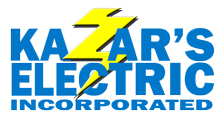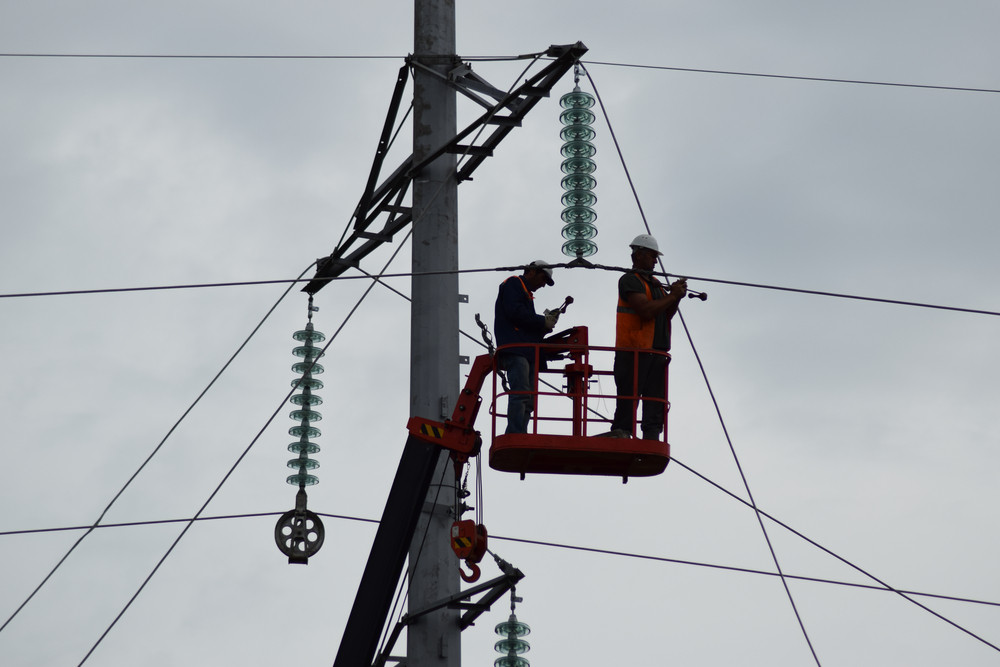With hurricane season right around the corner, many homeowners are preparing to protect their property, homes, and even health from the strong winds and harsh rainfall, which can cause power outages. It’s a shock to suddenly be without power, especially when buildings use 40% of the primary energy and 70% of the electricity in the U.S. each year. While power is often restored quickly, that isn’t always the case. Homeowners should know how to stay safe during a summer power outage.
Food
Although many people might not consider a power outage a safety issue, food could potentially cause health concerns if it spoils. Refrigerated food lasts up to four hours, while frozen food can last up to two days, depending on how full the freezer is. However, this only applies when the doors are closed. Otherwise, food will go bad much more quickly.
Heat
Similarly, homeowners worried about rising temperatures should block the sun as much as possible with curtains, blankets, or even foil. A cold bath can also help keep people cool. It’s also important for family members and pets to remain hydrated. If it’s safe to travel, a local library or similar place of business with air conditioning might be an option. In inclement weather, it’s important to stay away from the windows.
Supplies
Of course, a power outage presents another problem: lack of cooking facilities. This is why it’s important for people to not have a pantry stocked only with food that is palatable, even if it’s not cooked to last up to 72 hours. Aside from food, this kit should have one gallon of water per household member per day, a flashlight, a first aid kit, portable radio with batteries, a flashlight, and pet food and supplies.
Other preparatory steps include installing surge suppressors instead of power strips that offer no protection against power surges. Unplugging electronics can protect them in anticipation of bad weather.
Generators
Homeowners may consider installing a generator when they need emergency electrical service. Generators provide backup power to a home’s critical systems to prevent spoiled food, weather-related illness, or damage that may occur during a power outage. However, homeowners must know how to operate a generator safely. Most importantly, generators should never be operated within a home or building because they can cause a dangerous buildup of carbon monoxide. Generators must be protected from the elements, and old must be checked several times daily.
Be sure to keep these things in mind so that you can keep yourself and your family safe in the event of a power outage, particularly during hurricane season.

